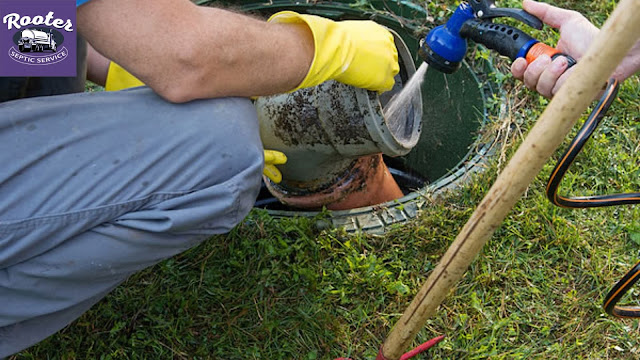How Stockbridge Homeowners Can Maintain a Healthy Septic System
Septic systems are a crucial part of many homes in Stockbridge, Georgia. They serve as private wastewater treatment systems that safely manage household sewage and protect the environment. Proper maintenance of septic systems is essential to avoid costly repairs, preserve property value, and prevent environmental contamination. This guide provides Stockbridge homeowners with detailed information on how to keep their septic systems running efficiently and trouble-free.
How Septic Systems Work
A septic system consists of a septic tank and a drain field. Wastewater flows from the house into the septic tank, where solids settle to the bottom forming sludge and lighter materials like oils float to the top as scum. The liquid in between, called effluent, then exits the tank into the drain field. Here, the soil naturally filters and treats the effluent before it reaches groundwater. This process relies on properly functioning components and balanced system use.
Why Maintenance is Essential for Stockbridge Homeowners
Climate and soil conditions in Stockbridge affect septic system performance, making regular upkeep critical. Without maintenance, solids can build up in the tank, causing blockages or backups. Overflows and leaks not only require expensive repairs but can contaminate soil and nearby water sources. Seasonal weather variations may also influence the system’s drainage and absorption, increasing the need for inspections.
Signs of Septic System Problems
Homeowners should watch for warning signs such as:
Slow draining sinks, bathtubs, and toilets
Bad odors near the tank or drain field
Lush, green grass patches over the drain field
Standing water or soggy ground close to the septic system
Importance of Inspections and Pumping
Regular inspections detect early issues before damage occurs. Septic pumping removes accumulated sludge and scum that reduce tank capacity and threaten system function. In Stockbridge, it’s generally recommended to schedule Septic Pumping Stockbridge every 3 to 5 years, depending on household size and water usage.
Best Daily Habits for Septic Health
Use water efficiently to prevent overload
Dispose only of septic-safe waste; avoid chemicals and non-biodegradables
Do not flush grease, cooking oils, or harsh cleaners
Repair leaks promptly to limit excess water entering the system
Environmental Benefits of Proper Maintenance
A well-maintained septic system prevents groundwater pollution and protects local ecosystems. This eco-friendly approach conserves water and reduces environmental hazards caused by untreated sewage leaks.
Seasonal Considerations for Stockbridge, Georgia
Heavy rains and cold winters can affect the drain field’s absorption. Homeowners should protect the drain field from excess water and avoid driving or parking over it, especially during wet seasons.
How Often Septic Systems Typically Need Pumping
Pumping frequency depends on tank size and household use but typically falls every 3-5 years. High usage or garbage disposal use might require more frequent pumping.
Tips for Avoiding Costly Repairs
Schedule routine inspections and pumping by licensed professionals
Practice water conservation and proper waste disposal
Protect the drain field from heavy equipment and tree roots
Address minor issues immediately to prevent system failure
By understanding how their septic systems function and committing to regular maintenance, Stockbridge homeowners can ensure long-term system health, environmental protection, and peace of mind. Proactive care saves money, prolongs system life, and keeps homes safe and sanitary.




Comments
Post a Comment